1. Coaching
1.1. Must have context, relevance, and be ongoing
1.2. Peer Coaching
1.2.1. Coaching peers by building trust & relationships
1.3. Cognitive Coaching
1.3.1. Strategies to help self & others reshape their problem-solving abilities
1.4. Instructional Coaching
1.4.1. Seek to master the "Big Four" of management, content planning, instruction, and assessment
1.5. Partnership Learning & Coaching
1.5.1. Equality - listening and understanding perspective, not forcing knowledge on others
1.5.2. Choice - Not forcing the conversation & participants have agency to "say no" or make an informed decision
1.5.3. Voice - People have ability & feel comfortable to speak their opinions
1.5.4. Reflection - Opportunity for participants to ask selves questions about value of content, whether it applies to their work, etc
1.5.5. Dialogue - Playing role of facilitator rather than lecturer, encouraging others to share ideas and draw out connections
1.5.5.1. Question Recipes - Series of questions to encourage valuable discussion and openness among partnerships
1.5.6. Praxis - Chance to apply what is learned, explore the significance of the content, and make meaning of the message
